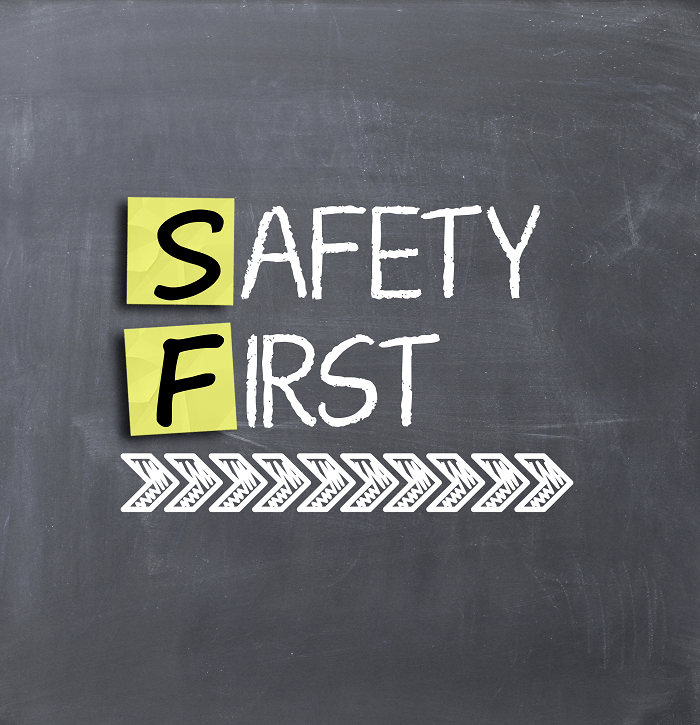nPB — also known as n-propyl bromide and 1-bromopropane — is a chemical compound that’s found widespread use in commercial and industrial cleaning operations over the past 20 years. Aside from its efficacy as a solvent, the spike in use of nPB is largely attributed to the compound’s better safety profile than many of the toxic solutions it replaced.
However, nPB itself is now a marked man, so to speak. Short-term and long-term health problems the solvent cause from acute and chronic exposure, respectively, are the primary factors driving the Environmental Protection Agency (EPA) to include the solvent on its List of Lists, which is sort of like the devil’s black book for the names of bad chemicals.
Effects of nPB on Humans
The effects of nPB on humans are well-chronicled by reputable studies. Short term exposure to the compound can cause acute health maladies such as respiratory distress, upset stomach, and dizziness. The main effect of these ailments is an increase in sick days taken, workers compensation claims if time off is extended, and, of course, deficits in productivity.
Chronic nPB exposure paints a darker picture. Workers subjected to years of nPB exposure can suffer permanent neurological damage, cancer, and, consequently, reduced earning capacity. The price of these outcomes for companies can be multi-million dollar settlements.
nPB Effects on Companies
Former big nPB users are obviously affected by not having government permission to use as much nPB as before, but if they persist in using the compound as before, there can be financial hell to pay. Expect increasing government fines that decimate the bottom line.
If that isn’t enough to prove you need a replacement; after numerous violations, prepare to have your facility shut down until compliance measures are implemented and approved. The measure will be thoroughly inspected on the government’s schedule, so you expect to wait awhile.
Weighted Exposure for nPB
The American Conference of Governmental Industrial Hygienists (ACGIH) has set a Threshold Limit Value (TLV) of 0.1 ppm for nPB solutions. This means an aerospace paint stripper containing 0.1 ppm of n-propyl bromide is 0.00001% pure nPB.
Small-time users may be able to get by with such a diluted version of nPB, but large-scale industrial and commercial users are up a creek without paddle, as the saying goes. They need a solvent that has the same power, without toxic risks.
Contact Us for nPB Replacements
Replacing nPB with an eco friendly cleaner has three benefits: Your workers experience less toxic exposure, you can use the replacement in the volume you need, and you needn’t worry about upcoming EPA legislation regulating use of the new solvent.
To get started on replacing nPB with a safer solvent that has the same power, contact us today at (800) 563-1305, or use the contact form on our website. We look forward to providing stock or custom solutions that replace your nPB solutions with no difference to the cleaning process.















